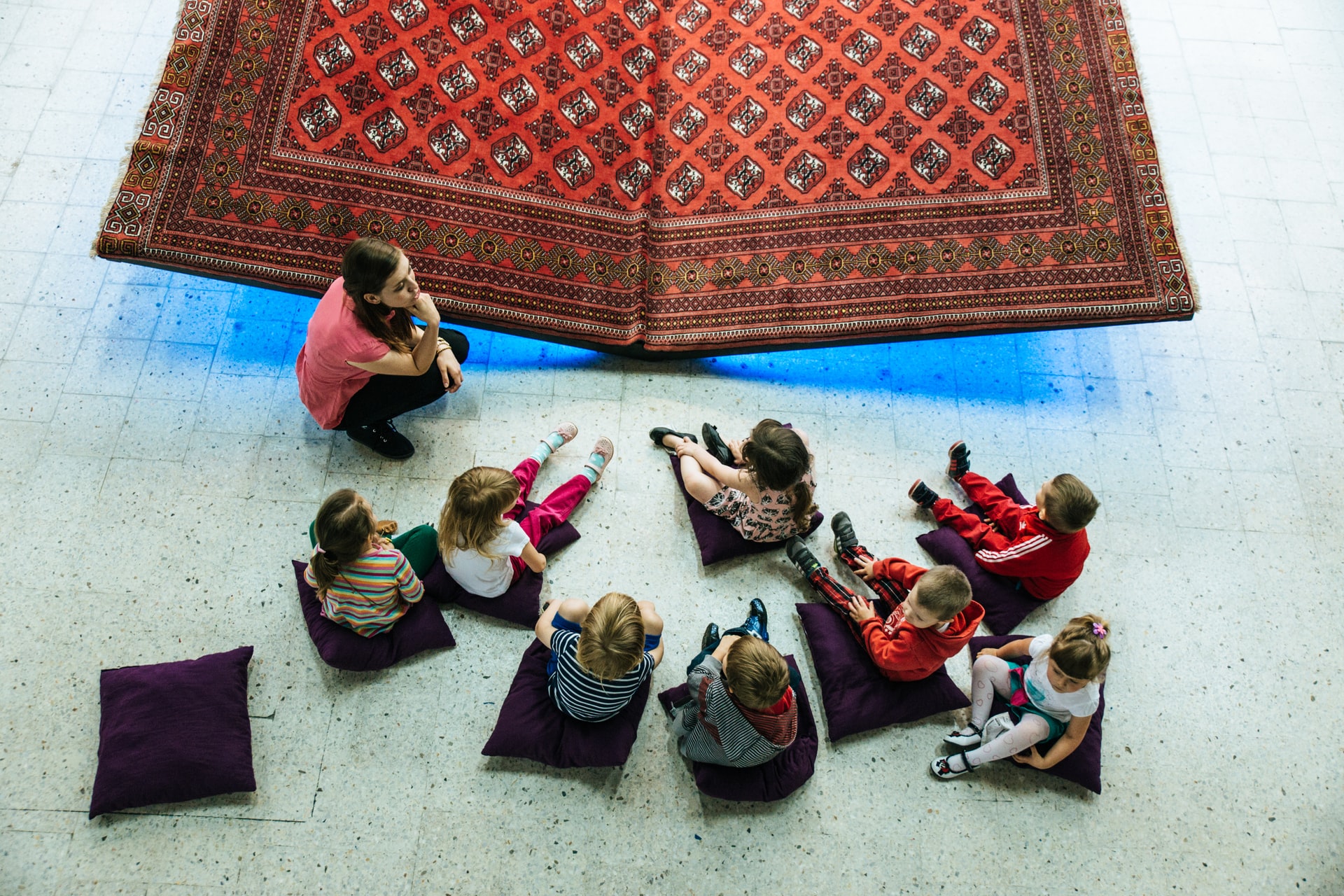A Guide to Didactic Materials

All children start learning from the moment they are born. Some parents think that their child needs to attend school to begin understanding what is going on around them – however, this is far from the truth.
Students are introduced to learning materials in school, such as textbooks, props, PowerPoints, worksheets, etc. During their home life, they are also exposed to several materials that can help them improve their understanding and knowledge of the world.
This article will discuss everything that there is to know about didactic materials, including the definition and four subsequent categories in relation to how it impacts a student’s learning experience.
What Are Didactic Materials?
As we have already mentioned, children are exposed to learning materials outside of the school setting. With this in mind, didactic material refers to any resource designed to aid students in their learning experience.
The idea behind these materials is that the child will make new discoveries and experience new sensations through manipulation. Through these experiences, the students will understand more information regarding the real world and how it works.
The 4 Categories Of Didactic Materials
There are four categories of didactic materials. Each category can be used to improve a specific set of skills, such as counting or speaking. Most schools will use these materials; however, children will also often encounter a number of them while at home or in the real world.
- Practical life equipment – these materials are presented to students from the moment that they arrive home. They are designed to evoke movement, encouraging the child to manipulate objects and improve their gross motor skills.
- Sensory material – these activities are designed to improve the five senses (sight, hearing, touch, taste, and smell).
- Language equipment – children begin to memorize and learn sounds and phonemes subconsciously. However, language equipment can be used to quicken this process and improve vocabulary.
- Mathematics materials – it is important to note that mathematics materials are sensory materials. The part of the child’s mind that is responsible for solving these problems is designed to order, classify and organize. Using mathematics materials can help children understand how numbers work, including the four primary operations (addition, subtraction, division, and multiplication)
Concluding Thoughts
Didactic materials refer to any resource that is designed to aid a student in their learning experience. These tools can help a student improve their knowledge and understanding of the world through manipulation and experience.
There are four categories of didactic materials. This includes mathematics materials, language equipment, sensory materials, and practical life equipment. Each category of materials can be used to improve a particular set of skills, such as speaking or reading.





